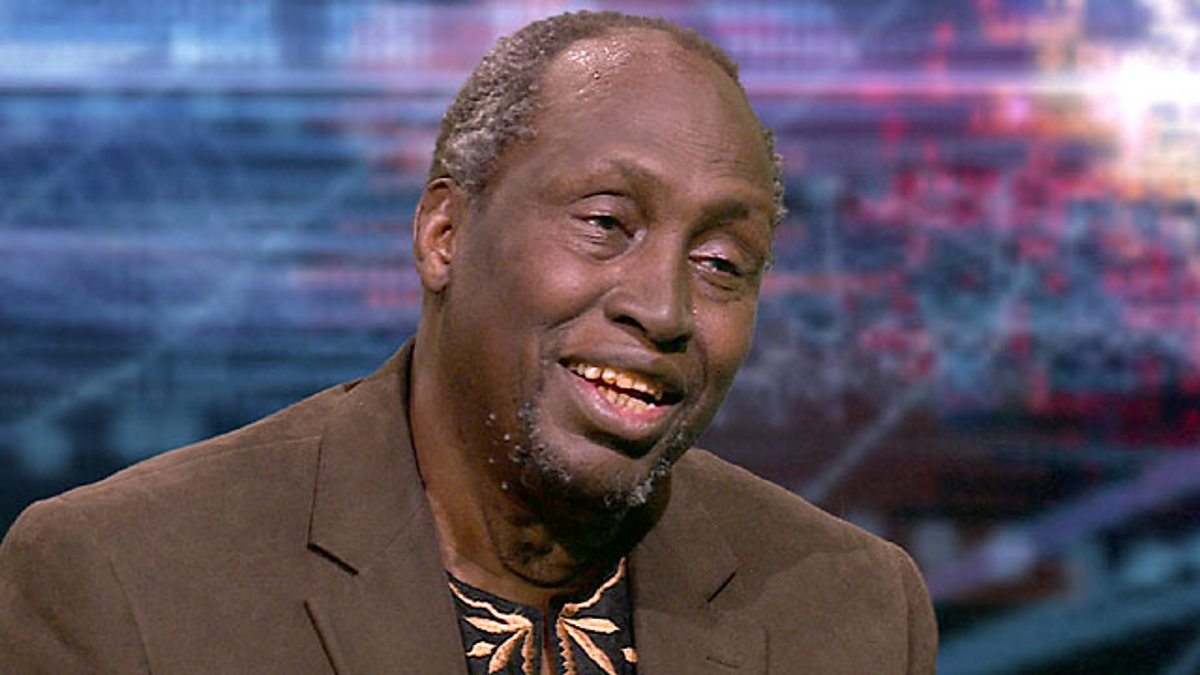
President Ruto Leads Tributes as Kenya Mourns Literary Icon Prof. Ngũgĩ wa Thiong’o » Capital News
NAIROBI, Kenya May 29 – President William Ruto has led the country in mourning the death of celebrated author and scholar Prof. Ngũgĩ wa Thiong’o, who passed away in the United States at the age of 87.
Describing Ngũgĩ as “Kenya’s greatest man of letters” and a “fearless voice for justice, truth, and African identity,” the President paid tribute to the late professor’s towering legacy.
“I have learnt with deep sadness about the death of our beloved teacher, writer, playwright, and public intellectual, Prof. Ngũgĩ wa Thiong’o. The towering giant of Kenyan letters has put down his pen for the final time,” said Ruto in a statement from State House.
“Always courageous, he made an indelible impact on how we think about our independence, social justice, and the uses and abuses of political and economic power.”
Ruto praised Ngũgĩ’s bold, creative career that inspired both admiration and challenge. “He showed us how to make contributions that cannot be ignored, and to speak in ways that both supporters and opponents could not dismiss,” he said.
While Ngũgĩ never received the Nobel Prize in Literature—a recognition many Kenyans believed he deserved—Ruto said the writer would always remain “the champion of literary emancipation and innovation in our hearts and minds.”
The President’s tribute was among a flood of condolence messages from national leaders, cultural figures, and literary enthusiasts across the continent.
A Literary Giant Falls
Former Prime Minister Raila Odinga said the death of Prof. Ngũgĩ marked the fall of a continental giant.
“A giant African has fallen. Rest in eternal peace, author Prof. Ngũgĩ wa Thiong’o!” he posted.
Prime Cabinet Secretary Musalia Mudavadi hailed him as “one of the most distinguished literary minds to ever emerge from the region,” whose writings, including The River Between, Petals of Blood, and A Grain of Wheat, “illuminated the soul of a nation, challenged the status quo, and gave voice to generations.”
Former Deputy President Rigathi Gachagua called Ngũgĩ “a literary genius” who inspired his appreciation for symbolic language and communication, while Music Copyright Society of Kenya CEO Dr. Ezekiel Mutua described him as “one of Africa’s most powerful minds.”
“Through masterpieces like Petals of Blood and Ngahika Ndeenda, written in both Kikuyu and English, Ngũgĩ became a towering figure and a celebrated thinker,” said Mutua.
The End of an Era
Ngũgĩ’s family confirmed he passed away on Wednesday morning, May 28, in the United States after a long illness. In a Facebook post, his daughter, author Wanjiku wa Ngũgĩ, wrote:
“It is with a heavy heart that we announce the passing of our dad… He lived a full life, fought a good fight. As was his last wish, let’s celebrate his life and his work.”
She added that the family spokesperson, Nducu wa Ngũgĩ, would announce details of his celebration of life in the coming days.
Born James Ngugi on January 5, 1938, Prof. Ngũgĩ wa Thiong’o was a novelist, playwright, essayist, and academic who pioneered the decolonisation of African literature through language. He began his career writing in English but later embraced his native Gikuyu, championing linguistic authenticity and cultural liberation.
His powerful works addressed colonialism, nationalism, corruption, and identity, and he famously authored the novel Devil on the Cross while in prison—written on toilet paper after being jailed by the Kenyan government for co-authoring the politically charged play Ngaahika Ndeenda.
Following his release, Ngũgĩ went into exile and taught at several leading universities, including Yale, NYU, and the University of California, Irvine, where he served as Distinguished Professor of Comparative Literature.
He was the founder of the Gikuyu-language journal Mũtĩiri, and his short story The Upright Revolution: Or Why Humans Walk Upright has been translated into over 100 languages.
Despite being frequently tipped for the Nobel Prize in Literature, the accolade remained elusive. However, Ngũgĩ received numerous international honours, including the Nonino Prize (2001) and the Park Kyong-ni Prize (2016).
He leaves behind a literary legacy that will echo across generations, and a family of accomplished writers, including his children Mukoma wa Ngũgĩ and Wanjiku wa Ngũgĩ.
His voice may be silent, but his words will live on.